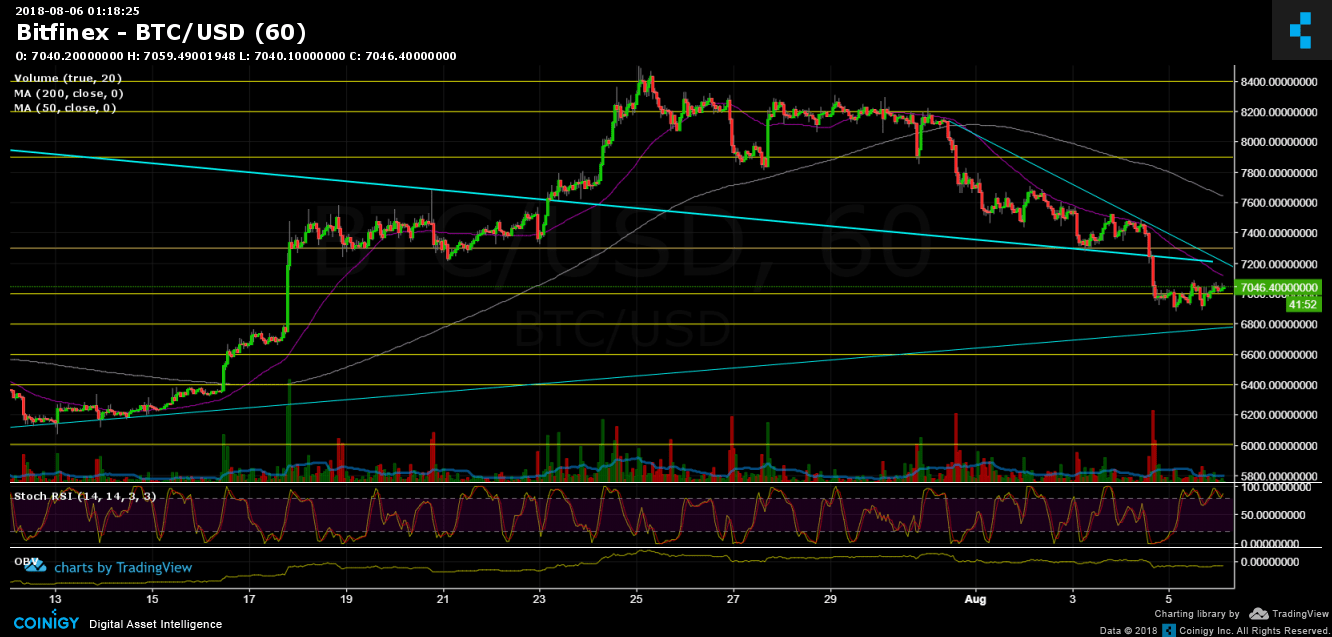Bank for International Settlements backs Central Bank Digital Currencies
The BIS, which is often called the central bank to the world’s central banks, set out recommendations on June 23 as to how a CBDC should be.
It estimated that around 56 central banks and monetary authorities around the world are now looking at digitizing their currencies as commerce shifts online, as reported by Reuters.
The momentum comes as usage of physical cash has fallen in the wake of online e-commerce portals and pandemic-induced lockdowns.
The big bankers also see decentralized currencies such as Bitcoin and “Big Tech” as a threat, especially the likes of Facebook and its plans for its own cryptocurrency Diem, formerly known as Libra.
Head of the Innovation Hub at BIS, Benoît Cœuré, warned that without CBDCs, digital money would become increasingly dominated by big tech firms. Describing the scenario as a loss of control of sovereign money, he added:
“That is a place where you don’t want to be, where governments don’t want to be,”
China Leading CBDC Race
According to the report, The Bahamas became the first country to officially launch a general purpose CBDC, known as the Sand Dollar, in October.
China is well on the way to becoming the second.
Earlier this month, Chinese authorities hand out $6.2 million in digital currency to citizens of Beijing for a trial of its digital currency/electronic payments (DCEP) platform.
The Beijing Local Financial Supervision and Administration Bureau allowed citizens to apply for the handout by using two banking applications. The giveaway was part of a lottery system using “red packets” valued at 200 Yuan a piece (around $30).
The southwestern city of Chengdu handed out around 40 million Yuan in digital currency in February this year. Shenzhen also completed a digital currency trial in October 2020.
China also has plans to expand the trials with foreign visitors at the 2022 Beijing Winter Olympics.
More Study, More Regulation
While China forges on, governments in the West are dragging their feet over regulatory woes.
Earlier this month, Republican Maxine Waters announced a task force on Financial Technology that will study cryptocurrencies and CDBCs and their impact on the U.S. economy.
In April, CryptoPotato cited a PwC report that revealed 70% of the world’s central banks are “nowhere near” launching their own CBDCs.









